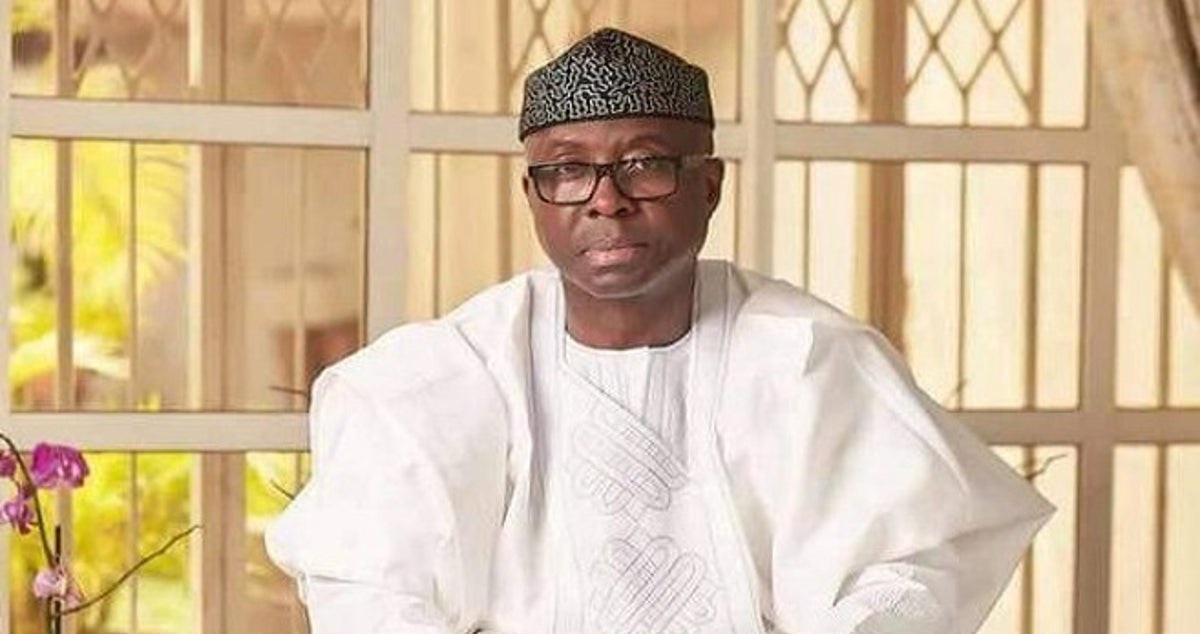The Minister of Industry, Trade and Investment, Otunba Niyi Adebayo, has stated that urea fertiliser has taken over sesame as Nigeria’s top exporting non-oil commodity.
Speaking during President Muhammadu Buhari’s Administration Scorecard 2015-2022 yesterday in Abuja, Adebayo said this has made non-oil exports to $4.8bn (N2.2tr) in 2022 an increase of 40 per cent.
Daily Trust had reported that urea increased by more than 400 per cent in the first half of 2022 when compared to the same period in 2021.
According to the Foreign Trade in Statistics, released by the National Bureau of Statistics (NBS), urea moved to the third position of Nigeria’s top traded exports with N208.3bn in the first quarter, N308.1bn in the second quarter and N133bn for third quarter, N649.5bn cumulatively.
But in the first half of 2021, the commodity named ‘Urea, whether or not in aqueous solution,’ was in the eighth position with N31.3bn exported in Q1 of 2021, N30.7bn in Q2, and 2021 (N62bn exported).
On the other hand, sesame exported from Q1 to Q2 of 2021 was valued at N63.5bn while in 2022, it reduced to N81.4bn.
The minister attributed it to the N50bn Export Expansion Fund Programme, stating, that to sustain the momentum, it launched the Zero-oil plan, “Nigeria’s blueprint for non-oil export, which we expect will deliver 5-year cumulative earnings of $150billion and lift to 20m citizens out of poverty.”
He added that the government established an Emergency Operation Centre (EOC) during the covid pandemic to facilitate the flow of industrial and trade activities as well as to secure jobs.
He said the intervention resulted in saving over 20,000 jobs and ensured that items such as ventilators, Personal Protective Equipment and other key products were delivered where needed.
He added that the backward integration programmes established in the country have led to $1bn investment in the automobile industry and created the capacity to produce 400,000 units annually.
“With an eye to the future, we have also commenced initiatives to support the widespread adoption of electric vehicles with the establishment of three solar-powered charging stations in Lagos, Sokoto and Nsukka. Furthermore, when the draft automotive bill is passed into law, the full potential of this sector will be realised.”
“With sugar, we have seen the creation of refining capacity in excess of local demand, while we continue to increase the pace of growing sugarcane for processing.”




